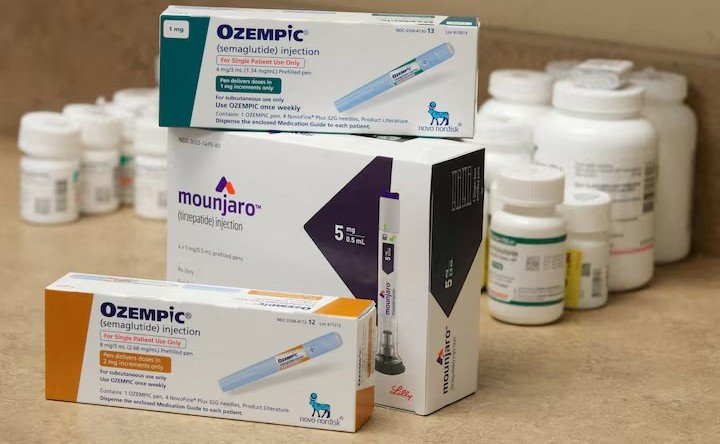Source: Africa Publicity
Scammers are taking advantage of the high demand for weight-loss drugs around the world to cash in millions of dollars through fraudulent deals, specifically the sale of nonexistent weight-loss drugs, a new report has found.
According to the report from the online protection company, McAfee, phishing attempts involving popular GLP-1 drugs—like Ozempic, Wegovy and Mounjaro—were up 183 percent in the first four months of 2024 compared to the final three months of 2023.
Researchers at McAfee, says the report, uncovered 449 risky website URLs and 176,871 dangerous email phishing attempts.
The company estimates that in the past few months, weight-loss drug scammers have made millions of dollars through the instant messaging platform Telegram alone.
The fraudulent sale schemes can take many forms, the report highlights.
On Facebook Marketplace, it says, scammers use fake profiles to offer up their “extra” GLP-1 supply or “substitutes” from overseas that don’t require prescriptions. During a 24-hour observation in April, McAfee researchers found 207 Ozempic scam posts on Craigslist.
According to the report, scammers can be found posing as doctors on social media platforms, promising to provide Mounjaro without a prescription—so long as patients can pay through Zelle, Venmo, CashApp or Bitcoin, adding that one fake website offered a 15 percent discount to anyone paying with cryptocurrency.








